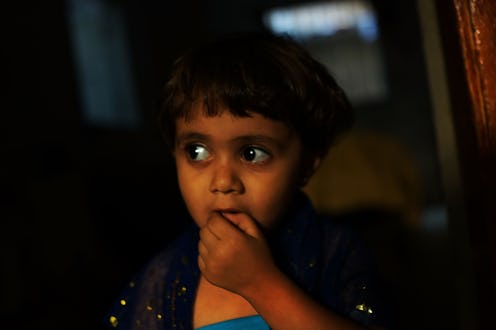News
Number Of Syrian Child Refugees Top 1 Million Mark
U.N. officials announced Friday the number of child refugees fleeing the violence in Syria has now reached the one million mark.
Antonia Guterres, the head of the Office for the U.N. High Commissioner for Refugees, compared the number to the child populations of major cities — the number of child refugees is the same as the number of children who live in Wales, or in Boston and Los Angeles combined.
"Can you imagine Wales without children? Can you imagine Boston and Los Angeles without children?" Guterres asked reporters in Geneva.
Children make up half of the nearly two million registered refugees from Syria. An incredible 740,000 of them are under the age of 11, according to the U.N. refugee and children's agencies.
Guterres said the children's ordeals are not over once they escape Syria, explaining they are often traumatized, depressed, and feel hopeless. He spoke about his personal visits with Syrian child refugees, recounting children he saw who drew pictures of planes with bombs, destroyed homes, and dead children. He said the Syrian children were in grave danger of becoming a "lost generation."
"This is totally unacceptable," he said. "They will be paying for it the rest of their lives."
More than 3,500 of the child refugees in Jordan, Lebanon, and Iraq have crossed Syria's borders by themselves or separated from their families, according to U.N. numbers. The threats child refugees face — which are rising — include child labor, early marriage, and the possibility of sexual exploitation and trafficking.
The news came on the same day President Obama made a statement about the suspected use of chemical weapons in Syria, calling the alleged attacks "big event of grave concern."
“This is something that is going to require America’s attention," Obama said.
But he also outlined the administration's hesitation toward providing a unilateral military response. "If the U.S. goes in and attacks another country without a U.N. mandate and without clear evidence that can be presented, then there are questions in terms of whether international law supports it," he said. "Those are considerations that we have to take into account."
